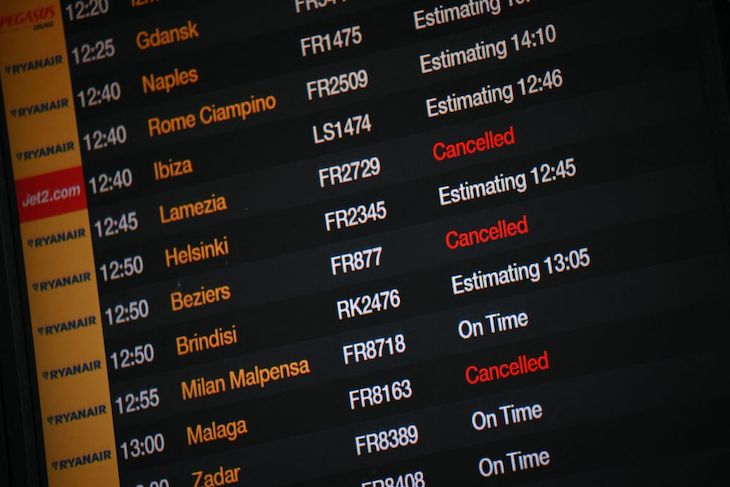How lovely that engineers working for National Air Traffic Services (Nats) can work from home rather than having to slog it in to the company’s headquarters at Swanwick, Hampshire. Lovely, that is, for the engineers rather than for air passengers.
A report by the Civil Aviation Authority (CAA) has revealed the reason behind the meltdown in air traffic control which led to the cancellation of hundreds of flights last August Bank Holiday, inconveniencing millions of passengers. The
Already a subscriber? Log in
Subscribe for just $2 a week
Try a month of The Spectator Australia absolutely free and without commitment. Not only that but – if you choose to continue – you’ll pay just $2 a week for your first year.
- Unlimited access to spectator.com.au and app
- The weekly edition on the Spectator Australia app
- Spectator podcasts and newsletters
- Full access to spectator.co.uk
Or





















Comments
Don't miss out
Join the conversation with other Spectator Australia readers. Subscribe to leave a comment.
SUBSCRIBEAlready a subscriber? Log in